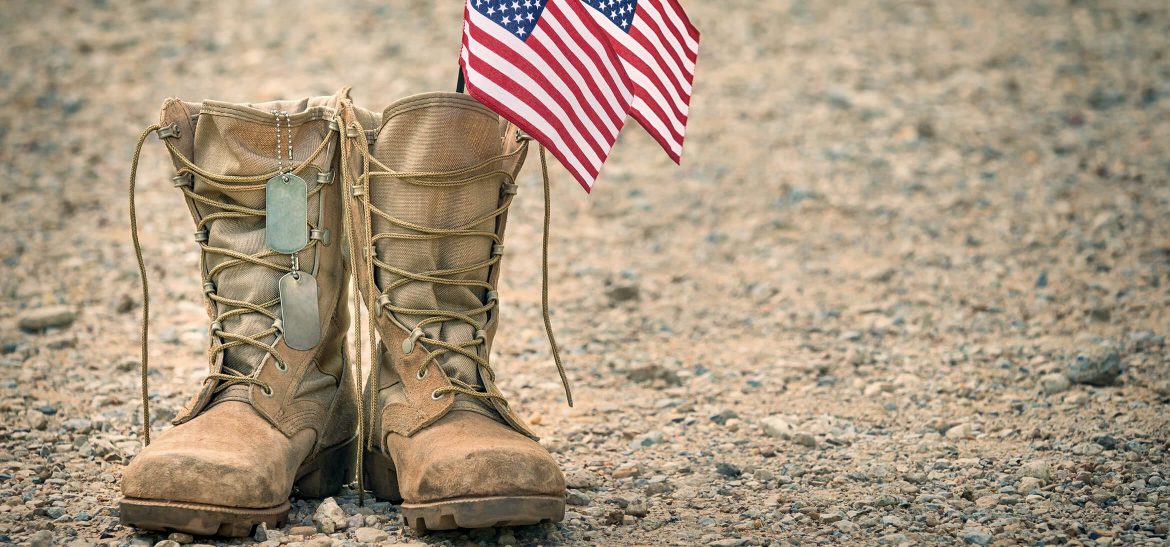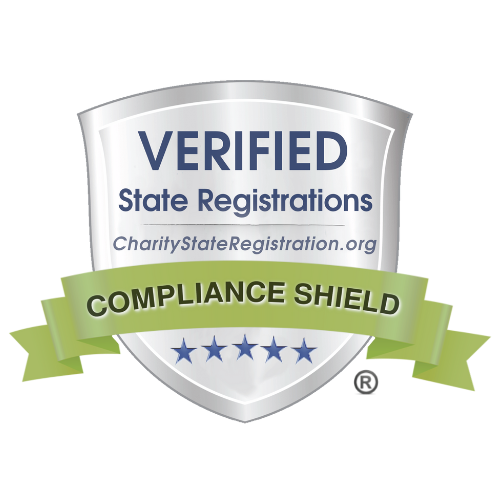IAVA | July 10, 2014
Read: Statement of IAVA before the House Committee on Veterans’ Affairs for the hearing on Mental Health and Suicide Prevention

Chairman Miller, Ranking Member Michaud, and Distinguished Members of the Committee:
On behalf of Iraq and Afghanistan Veterans of America (IAVA), thank you for the opportunity to share with you our views and recommendations regarding mental health care services and suicide prevention efforts at the Department of Veterans Affairs (VA). Combatting veteran suicide is IAVA’s top priority for 2014, and it’s a critically important issue that affects the lives of tens of thousands of service members and veterans.
As the nation’s first and largest nonprofit, nonpartisan organization for veterans of the wars in Iraq and Afghanistan, IAVA’s mission is critically important but simple – to improve the lives of Iraq and Afghanistan veterans and their families. With a steadily growing base of nearly 270,000 members and supporters, we aim to help create a society that honors and supports veterans of all generations.
In partnership with other military and veteran service organizations, IAVA has worked tirelessly to see that veterans’ and service members’ health concerns, including mental health care, are comprehensively addressed by the VA. IAVA understands the necessity of integrated, effective, world-class healthcare for service members and veterans, and we will continue to advocate for the development of increased awareness, recognition and treatment of service-connected health concerns.
In IAVA’s 2014 membership survey, our members listed suicide prevention and mental health care as the number one concern facing this generation of veterans. In that same survey, 47 percent of respondents reported they knew an Iraq or Afghanistan veteran who had attempted suicide. Over 40 percent also knew an Iraq or Afghanistan veteran who had died by suicide.
But this is an issue that is affecting more than just new veterans. The VA’s 2012 Suicide Data Report showed that at least 22 veterans die by suicide every day[2]. These numbers are staggering, and they are a clear indication that a multi- faceted, comprehensive approach to addressing this issue is desperately needed.
In response to the overwhelming need for action, IAVA launched the “Campaign to Combat Suicide” this year, which includes a call to pass a comprehensive legislative package that can serve as the cornerstone for additional efforts across the government and the nation. In addition to legislation, IAVA is calling on President Obama to issue an executive order to address additional aspects of suicide prevention efforts, and IAVA is working to connect one million veterans with mental health services across the country this year.
The need to examine mental health services and suicide prevention efforts provided to veterans is even more critical in light of the recent VA scheduling crisis. In addition to the general delayed access to care veterans are experiencing, investigations have also uncovered cases of significantly delayed access to mental health care services. In a recent audit of scheduling wait times at the VA, none of the 141 medical facilities audited provided an appointment for mental health care within 14 days. In fact, the average wait time at 30 facilities for mental health care was more than 40 days[3]. While no veteran should have to wait months for a medical appointment, veterans utilizing mental health care services should never have to wait an unreasonable amount of time to be seen by a mental health care provider. Providing timely and efficient mental health care must be a priority of the VA moving forward.
Increasing access to care is a critical aspect of addressing the mental health care needs of veterans. If a veteran is ready to seek mental health support and services, the VA must be available to meet that need. There are far too many stories of veterans who have reached out to the VA seeking mental health care only to be met with long wait times and bureaucratic obstacles. Removing burdensome obstacles and implementing veteran-centric, high-touch and high- technology scheduling practices is the first step towards building a system that veterans can trust and more effectively utilize.
Increasing the accessibility of mental health care services must also be coupled with increasing access to care for vulnerable populations of veterans currently excluded from VA care. It is well known that combat veterans have five years of eligibility for VA health care if they separated from the military under other than dishonorable conditions. However, some veterans who were separated from the military under less than honorable conditions may have been unjustly given that discharge characterization due to misdiagnosed or undiagnosed mental health injuries.
Between 2001-2011, an estimated 30,000 service members may have received a downgraded discharge due to a misdiagnosis of “personality disorder”[4]. Even more troubling, an unknown number of service members were punitively discharged for disciplinary actions that may have been connected to undiagnosed mental health injuries. It is imperative that the thousands of individuals with such experiences are identified, and their records properly reevaluated appropriately and rectified in order to provide access to earned VA mental health services and benefits.
Examining access to care issues should also include a review of the current five year special combat eligibility for VA health care provided to recently transitioned veterans. This five years time period may not be enough time for veterans who present mental health injury symptoms later, or who might delay care due to concerns with the stigma of seeking care. Studies suggest that about 25 percent of post-traumatic stress disorder (PTSD) cases experience delayed onset[5]. And, when looking at Vietnam era veterans, research suggests that diagnosis may be delayed by 7 to 12 years[6]. Extending the special combat eligibility will provide access to care for veterans when they are ready to seek care.
Increasing access to mental health care services must also be combined with stringent standards of high-quality, veteran-centric care that increases the likelihood an individual at risk of suicide can be identified and provided appropriate care and support. There have been many efforts in recent years to implement processes with such goals, but these efforts need to be examined using evidenced-based research to determine if these efforts are working. The VA’s 2012 Suicide Data Report showed that between 74-80 percent of service members and veterans sought care from a provider within four weeks of attempting suicide[7]. This data illustrates the need to continue examining the best practices of identifying individuals at risk of suicide, and directing such individuals to the services and support needed. Utilizing evidence-based analysis of the current processes to improve the care provided to veterans will help ensure the best processes are put in place.
The responsibility for providing mental health care does not rest solely with the VA. The Department of Defense (DoD) is a critical partner in providing a smooth transition of care to the VA. The DoD and the VA have made efforts to provide such continuity of care, but there is much work to be done still. Mental health care services in particular need a comprehensive care plan, and this requires the VA and DoD have things such as uniform medical record keeping practices, common formularies, and interoperable health records. These aspects of continuity of care are particularly important to veterans seeking mental health care, and both the DoD and VA should continue to prioritize efforts to increase continuity.
While it is easy to point out the aspects of VA care that need improvement, the successful initiatives at the VA in mental health care and suicide prevention efforts should also be noted. The best example of a program that is working well is the Veterans Crisis Line (VCL). The VCL connects veterans in crisis, and their families and friends, to confidential VA responders trained in assisting veterans in all circumstances. The VCL can be reached by online chats, text messages, and phone calls, which makes their services easy to access for all generations. According to the VCL website, there have been over 1.1 million calls placed to the VCL and 37,000 lifesaving rescues since its launch in 2007[8]. There are also many different resources listed throughout the website for veterans and their families and friends to reference. The VCL has also done a remarkable job of connecting with veteran service organizations (VSOs), including IAVA, which allows for greater transparency and smooth transitions when veterans reach out to VSOs in crisis. The lifesaving services provided by the VCL should serve as an example of the possibilities that can be achieved through high-quality, high-tech services and close collaboration with VSO partners.
It is important to recognize the effort the VA has put into mental health care services and suicide prevention programs in recent years, but there is still a considerable amount of work to be done. Increasing access to care, meeting the demand of that care, providing high quality care with continuity, and responding to veterans in crisis requires a comprehensive and evidence-based approach. And while there is no illusion that veteran suicide will be completely eradicated, implementing better approaches to mental health care and suicide prevention can save lives.
Again, we appreciate the opportunity to offer our views on this important topic, and we look forward to continuing to work with each of you, your staff, and this Committee to improve the lives of veterans and their families.
Thank you for your time and attention.





